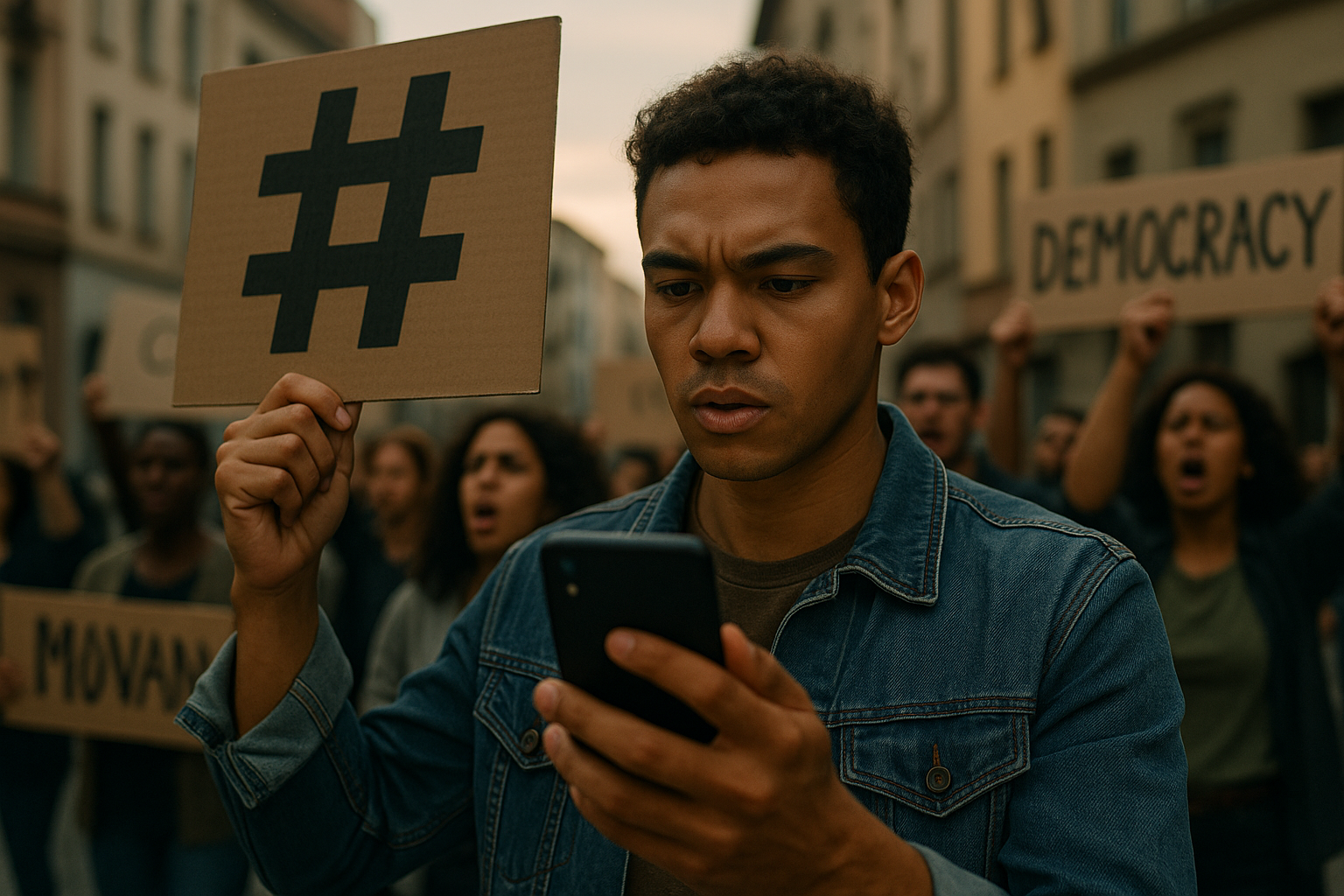The Cultural Nuances of Social Media Activism
Social media activism is reshaping our understanding of civic participation, creating a global stage for citizens to voice their concerns and mobilize change. It's more than just hashtags—it's a cultural shift shaping the future of societal engagement. Read below to understand how this phenomenon is impacting our society.

A Historical Perspective on Social Media Activism
To fully comprehend the significance of social media activism, one must first appreciate the historical context of activism itself. Traditional activism has roots in public marches, sit-ins, and strikes, often requiring physical presence and commitment. The advent of the internet revolutionized this space, providing a platform for digital activism. However, the emergence of social media has exponentially amplified the reach and impact of activism, radically transforming how individuals and groups rally for change.
The Rise of Hashtag Activism
The advent of the hashtag in 2007 became a game-changer for digital activism. Hashtags such as #BlackLivesMatter, #MeToo, and #ClimateStrike have demonstrated the power of social media to rally masses around causes, many of which were previously underrepresented or ignored. This form of activism has democratized the process of social change, offering a voice to those who may not have been heard otherwise.
Social Media Activism: The New Norm?
Where traditional activism often required physical presence and significant time commitment, social media activism allows for immediate and widespread involvement. This shift in societal behavior has affected various aspects of our lives—from how we consume news to how we perceive societal issues. The ease of participation has led to an increase in civic engagement, particularly among younger generations. Nevertheless, criticism surrounds its efficacy, often dismissed as ‘clicktivism’ or ‘slacktivism.’
The Impact and Implications of Social Media Activism
Despite criticisms, studies suggest that social media activism can translate into real-world action. The #BlackLivesMatter movement, for instance, has not only raised awareness but also influenced policy changes and election outcomes. This shows that social media activism can be a powerful tool for societal change when leveraged effectively. It’s also forcing organizations and governments to be more transparent and responsive, as public opinion can quickly sway on these platforms.
Future Trajectories: Social Media Activism and Society
As we move forward, the symbiotic relationship between social media and activism will continue to evolve, shaping the cultural and societal landscape. It’s essential to critically examine this relationship, considering both its potential for positive change and its possible pitfalls. As social media activism becomes increasingly prevalent, it’s clear that this is not a passing trend but a new way for society to engage in the democratic process.
In summary, social media activism represents a significant cultural shift in how we engage with societal issues, enabling a more democratized form of participation. As we continue to navigate this new landscape, it’s crucial to understand its implications and harness its potential for positive societal change.




